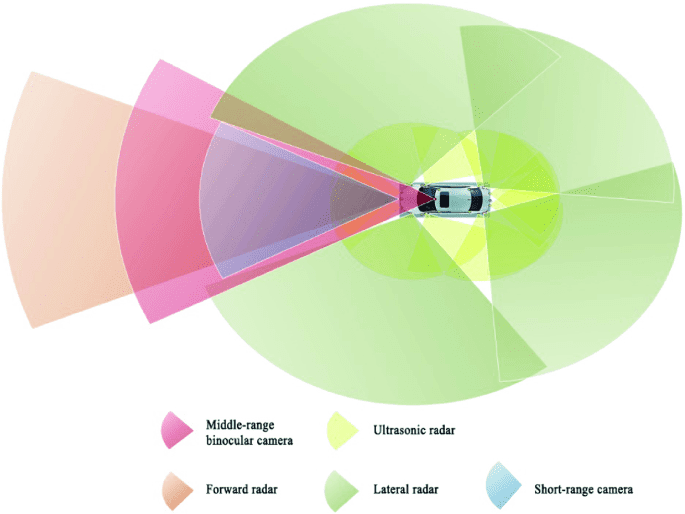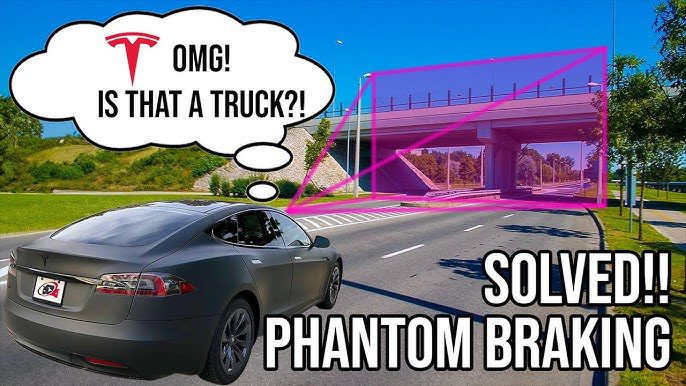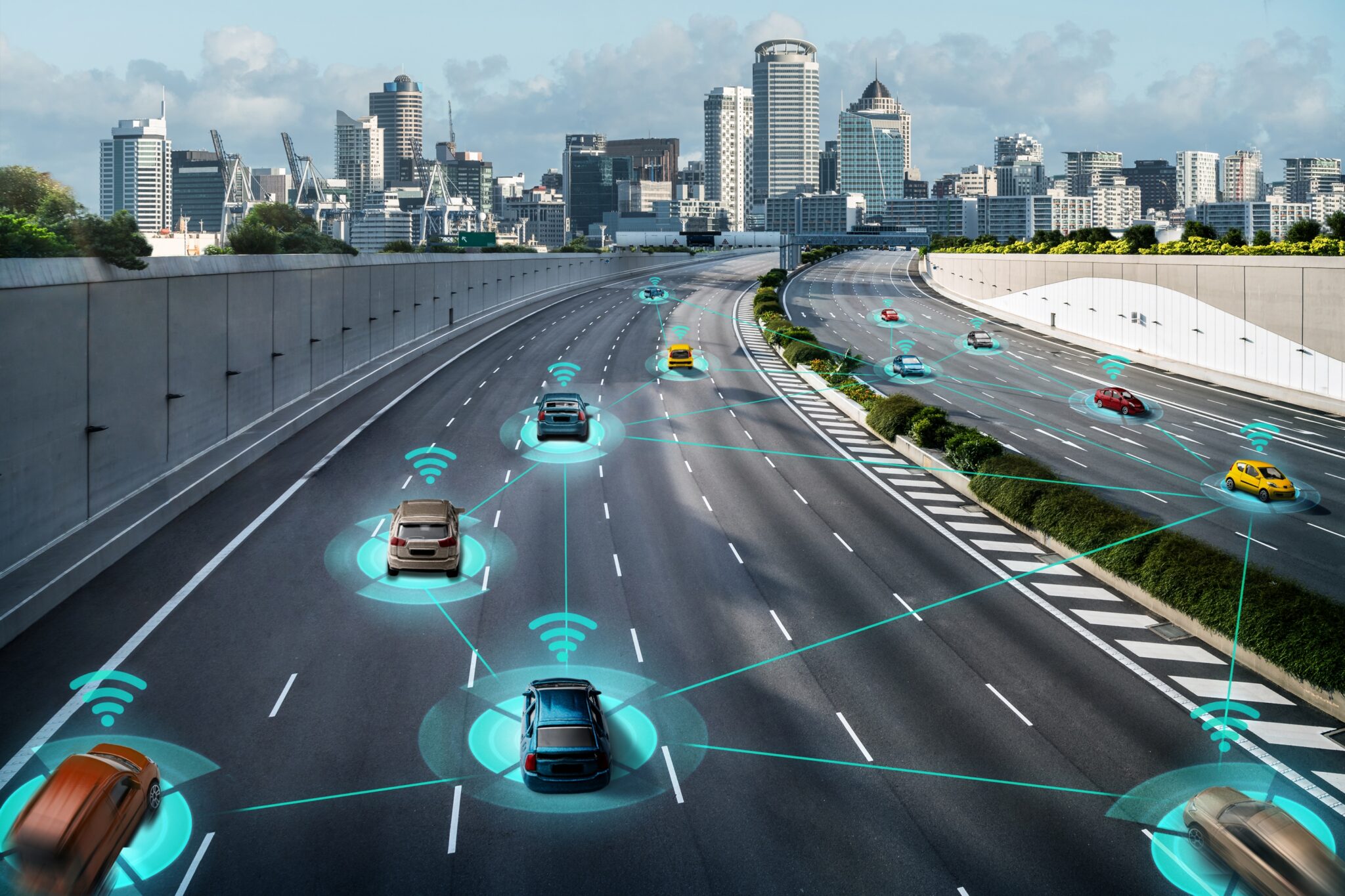The Eyes and Ears of Autonomy—and What Can Go Wrong
1. The Sensor Suite: Core Components of Self-Driving Cars
Self-driving cars rely on a fusion of sensors to perceive their environment. Here’s how each works:
| Sensor | How It Works | Range | Key Purpose |
|---|---|---|---|
| LiDAR | Spins 360°, firing laser pulses to map surroundings in 3D. | 50–200 meters | High-resolution object detection, terrain mapping. |
| Radar | Emits radio waves to measure object speed/distance. | 150–300 meters | Long-range detection, works in fog/rain. |
| Cameras | Capture 2D images and video; uses AI to identify objects. | 10–100 meters | Lane detection, traffic signs, color recognition. |
| Ultrasonic | Sends sound waves to detect close-range obstacles. | 0.1–5 meters | Parking assistance, low-speed maneuvers. |

2. How Sensors Work Together
- Sensor Fusion: Combines data from all sensors to create a cohesive 3D map.
- Redundancy: If one sensor fails (e.g., camera blinded), others compensate.
- Localization: Matches sensor data with pre-loaded HD maps for precision.
Example: Tesla’s Autopilot prioritizes cameras but uses radar as a backup. Waymo’s system leans on LiDAR for detailed depth perception.
3. Common Sensor Issues and Failures
LiDAR Limitations
- Weather Sensitivity: Heavy rain, fog, or snow scatter laser beams, reducing accuracy.
- Cost: High-end LiDAR units cost $7,500+ (e.g., Velodyne VLS-128).
- Moving Parts: Spinning mechanisms wear out over time.
Radar Challenges
- False Positives: Metal bridges, tunnels, or roadside signs can confuse radar.
- Limited Resolution: Struggles to distinguish stationary objects (e.g., a parked car vs. a metal barrier).
Camera Vulnerabilities
- Glare and Darkness: Direct sunlight or low-light conditions blind cameras.
- Dirt and Debris: A single mud splatter can disable lane-keeping assist.
- Software Bias: AI may misclassify objects (e.g., mistaking a plastic bag for a rock).
Ultrasonic Shortcomings
- Narrow Range: Useless for high-speed driving.
- Surface Issues: Soft materials (e.g., bushes) may not reflect sound waves.
4. Real-World Failures and Fixes
- Uber’s Fatal 2018 Crash: A combination of sensor blind spots and software ignoring jaywalkers.
- Tesla Phantom Braking: Radar misinterpreting overhead signs as obstacles.
- Solution: Automakers are adopting solid-state LiDAR (no moving parts) and thermal cameras for night vision.

5. Maintenance and Calibration
- Recalibration Needs: Required after windshield replacements (cameras) or collisions.
- Cleaning: Use microfiber cloths for lenses; avoid high-pressure washes on sensors.
- Software Updates: OEMs like Tesla push over-the-air fixes to improve object recognition.
Pro Tip: Park away from sprinklers—water spots can distort LiDAR and cameras.
6. The Future of Autonomous Sensors
- 4D Radar: Adds elevation data to better identify pedestrians and cyclists.
- Neuromorphic Cameras: Mimic the human eye for dynamic range and low-light vision.
- Sensor Downsizing: Companies like Luminar are shrinking LiDAR to fit behind windshields.
7. FAQs
Q1: Can self-driving cars work without LiDAR?
A: Yes—Tesla’s “Vision Only” Autopilot uses cameras + AI, but LiDAR adds redundancy.
Q2: Why do sensors struggle with motorcycles?
A: Narrow profiles and rapid movements challenge detection algorithms.
Q3: How often do sensors fail?
A: Rarely, but extreme weather or physical damage can disable them.
Q4: Are sensor repairs expensive?
A: Yes—replacing a LiDAR unit can cost $10k+.
Q5: Can hackers spoof sensors?
A: Yes. Researchers have tricked Tesla cameras with projected road signs.
Share this guide to demystify the tech behind autonomy—knowledge drives safer roads! 🛣️🤖
Expand Your Automotive Knowledge 📝
Explore 500+ Free Expert-Curated Guides
🚗 Learn New Skills
From basic maintenance to advanced repairs — clear, actionable tutorials for every skill level.
🌍 Access Anywhere
Mobile-friendly guides with HD visuals. No downloads required.
- Guides & Tutorials
- Car Maintenance 101
- Diagnostics & Troubleshooting
- Seasonal Maintenance
- Budget-Friendly Repairs
- Electrical Systems Guide
- Car Safety & Reliability
- Tools & Product Reviews
- Routine Maintenance
- Car Modifications & Upgrades
- Buying/Selling Guides
- Eco-Friendly Car Care
- Advanced Repairs
- Car Laws & Compliance
- Emergency Repairs
- Future Car Tech


